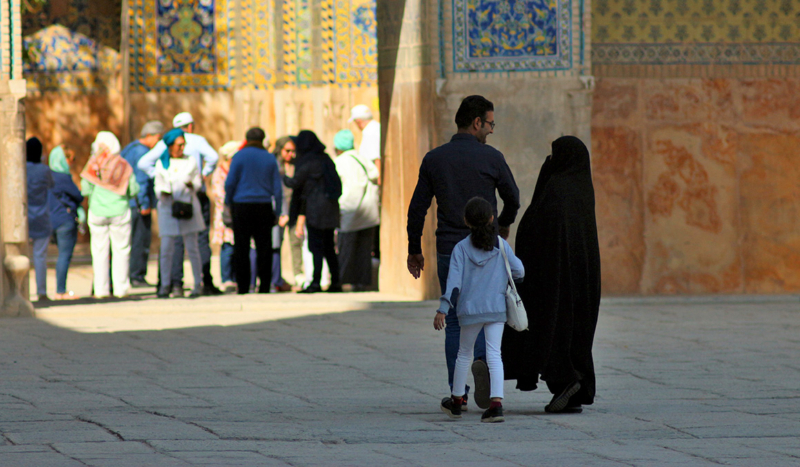
Adobe Stock
The United States Commission on International Religious Freedom (USCIRF) has labeled religious freedom conditions in Iran “poor, particularly for religious minorities, religious dissidents, and women and girls.”
The 2025 Annual Report, which was released July 28, explains key findings, provides historical background about the persecution faced by various religious minorities, and makes recommendations for the US government.
“The Islamic Republic of Iran is a theocratic, authoritarian state with limited participatory governance under Supreme Leader Ayatollah Ali Khamenei,” the report states.
In 2024, more than 900 executions were carried out in Iran on “religiously based charges,” according to the report.
The vast majority of Iranians today are followers of Islam. Only about 0.3% of the nation’s more than 88 million citizens are not Muslim. The report draws particular attention to the difficulties faced by Jews, Christians, and members of the Baha’i faith, though it also mentions other persecuted groups like Zoroastrians, Mandaeans, Yarsanis, nonbelievers, and “spiritualist movements such as Erfan-e Halgheh.”
At least 21 Christians are currently imprisoned in Iran because of their religious practice, according to the report.
The report describes a number of actions taken against Jewish people.
“During Iran’s 2024 presidential election, authorities reportedly set up Jewish-only ballot stations to identify how many Jews voted and for whom,” the report states.
The report also calls attention to the Iranian government’s failure to prosecute those who commit crimes against religious minorities and sites important to them. It describes several instances of vandalism against places associated with Jewish people, including gravesites, that the government failed to investigate.
Muslims who publicly oppose the government’s oppressive policies are also persecuted. Khosrow Besharat, a Sunni Muslim, was executed in May 2024 on the charges of “corruption on Earth” and “waging war against God.”
Women and girls who rebel against the nation’s law requiring all women to wear hijabs in public are particularly singled out by the regime, according to the report.
The USCIRF previously called for further sanctions against Iran last year because of this oppressive approach.
The report recommends that Iran be redesignated a “country of particular concern” by the US government “for engaging in systematic, ongoing, and egregious violations of religious freedom.” It also calls on the government to work with other governments to apply “coordinated sanctions” against Iran and to “support the UN Fact-Finding Mission” on the nation.
The USCIRF also makes two recommendations for Congress in the report: First, it advises Congress to “reauthorize and exercise oversight of the bipartisan Lautenberg Amendment, which aids persecuted Iranian religious minorities seeking refugee status in the United States.”
The USCIRF also recommends that Congress hold hearings about “Iran’s and its proxies’ transnational repression and other malign activities impacting religious freedom.”

